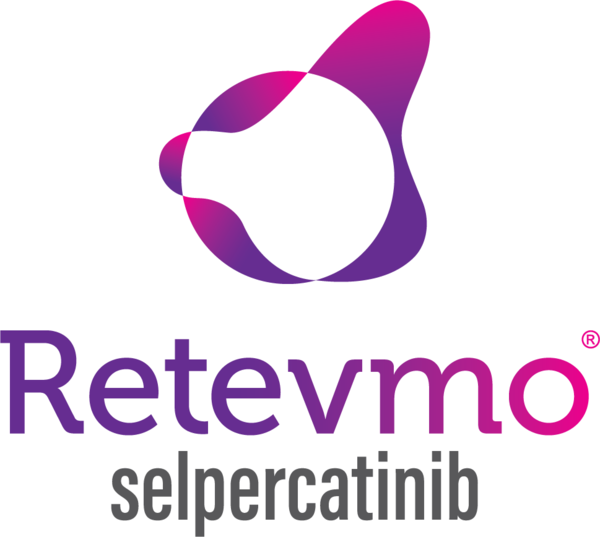Lilly Korea said the Ministry of Food and Drug Safety approved its Retevmo 40mg and 80mg as Korea's first RET (Rearranged during Transfection) inhibitor treatment on Friday.

Under the approval, hospitals can use Retevmo in treating adult patients with metastatic RET fusion-positive non-small cell lung cancer (NSCLC), adults and pediatric patients 12 years of age or older with advanced or metastatic RET-mutant medullary thyroid cancer requiring systemic therapy, or adult patients with advanced or metastatic RET fusion-positive thyroid cancer refractory to radioiodine and have received treatment with sorafenib or lenvatinib and require systemic therapy.
Retevmo is the first RET-targeted treatment approved in Korea, and the ministry approved the drug through an expedited review system based on the LIBRETTO-001 clinical study conducted on 702 patients with advanced or metastatic solid cancer with RET mutations.
Patients with RET fusion-positive NSCLC, RET-mutated medullary thyroid cancer, and RET fusion-positive thyroid cancer patients with or without prior treatment experience participated in the LIBRETTO-001 trial.
The trial's primary endpoint was the objective response rate (ORR) and duration of response (DoR). As a result, the ORR of Retevmo was 85 percent in the RET fusion-positive NSCLC patient group not previously treated with platinum-based chemotherapy, and the company did confirm the median value of the duration of response as 79 percent of patients showed a continuous response during the follow-up period.
In the patient group with experience in platinum-based chemotherapy, the ORR was 64 percent, and the median duration of response was 17.5 months.
The trial also evaluated the ORR of patients with central nervous system (CNS) metastasis was as a secondary endpoint for NSCLC.
The company confirmed the objective response in 10 of 11 patients with RET fusion-positive NSCLC who had experience in platinum-based chemotherapy and can measure brain metastases.
Retevmo also confirmed its effectiveness in the thyroid cancer patient group and in the group of RET fusion-positive thyroid cancer patients who had previously been treated with sorafenib or lenvatinib.
In the RET-mutated medullary thyroid cancer patient group who had not previously been treated with vandetanib or caboxantinib, the ORR of Retevmo was 73 percent, and the complete response rate was 11 percent.
In the group of RET fusion-positive thyroid cancer patients who had previously been treated with sorafenib and/or lenvatinib, the ORR of Retevmo was 79 percent, and the median duration of response was 18.4 months.
Common adverse reactions of Retevmo included aspartate aminotransferase (AST) and alanine aminotransferase (ALT) increase, glucose increase, leukocyte decrease, blood albumin decrease, blood calcium decrease, dry mouth, diarrhea, increased creatinine, and hypertension.
"Until now, there was no chemotherapy option for RET gene mutation cancer patients, so they had no choice but to proceed with chemotherapy in the same way as general cancer patients," Professor Cho Byoung-chul at Yonsei Cancer Center said. "The approval of Retevmo is significant in that it has created an effective treatment alternative for patients who had difficulties with chemotoxicity while the therapeutic effect of conventional chemotherapy was relatively low."
Professor Cho stressed that he expects that the treatment will serve as a new milestone in treating metastatic RET fusion-positive NSCLC.
Lilly Korea CEO Alberto Riva also said, "We are pleased to be able to provide Retevmo to cancer patients in Korea quickly."
Lilly Korea will continue to help more cancer patients lead a better life by actively promoting the value of Retevmo to domestic clinical sites and striving to improve accessibility, Riva added.
Retevmo is a RET inhibitor that targets RET gene mutations, including fusions and point mutations. The recommended dose of Retevmo is 120 mg (less than 50 kg) or 160 mg (50 kg or more), depending on body weight, administered orally twice a day.

